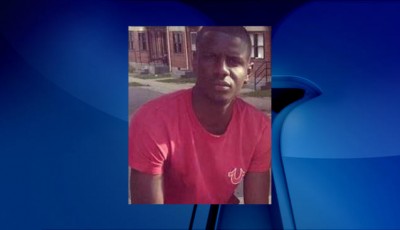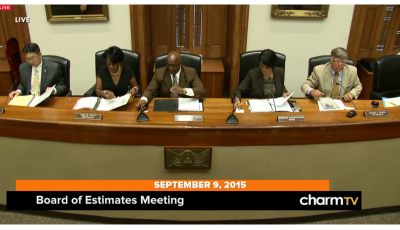Supreme Court official quits over Yakub Memon verdict
A few days before the execution of Yakub Memon on July 30, the NLU had filed a petition before the apex court challenging the TADA court’s death warrant against him.
The Supreme Court registry on Sunday termed as “incorrect and misleading” reports that a deputy registrar had quit due to differences over the apex court’s verdict on death row convict Yakub Menon.
In the press release, the registry of the Supreme Court has taken a serious objection to the news reports indicating that Anup Surendranath had resigned from his position in protest of the execution of Yakub Memon.
Prof. Surendranath was serving in the National Law University, New Delhi as a Director of Research Project on Death Penalty.
Surendranath was being paid from the consolidated fund of the Supreme Court as its official and he was obligated to act in compliance with its norms, sources told The Indian Express.
The supreme court general secretary has also released a copy of letter written by Dr Anup Surendranath.
“I have resigned from my post at the Supreme Court to focus on death penalty work at the University”.
“
It is in many ways liberating to to regain the freedom to write whatever I want and I hope to make full use of that in the next few days to discuss the events that transpired at the Supreme Court this week”,
he wrote on Facebook.
“In fact, a faculty from the National Law University (Dr Anup Surendranath) working on a short-term assignment on deputation at the Supreme Court as Deputy Registrar (Research) has been repatriated to his parent institution with effect from July 31, 2015, on his request as he wanted to pursue his interest in research projects in which he is involved”, the press note said.
Memon was hanged in the Nagpur Central Jail on July 30, after a prolonged legal battle that continued till barely a couple of hours before his execution. During a presentation before a day-long consultation, organised by the Law Commission of India on death penalty, Surendranath had pointed out that most of the death row convicts in terror attack cases are from religious minority communities.
The Supreme Court rejected these arguments, saying enough opportunities had been given to Memon to file his petition after his mercy plea was first rejected.












